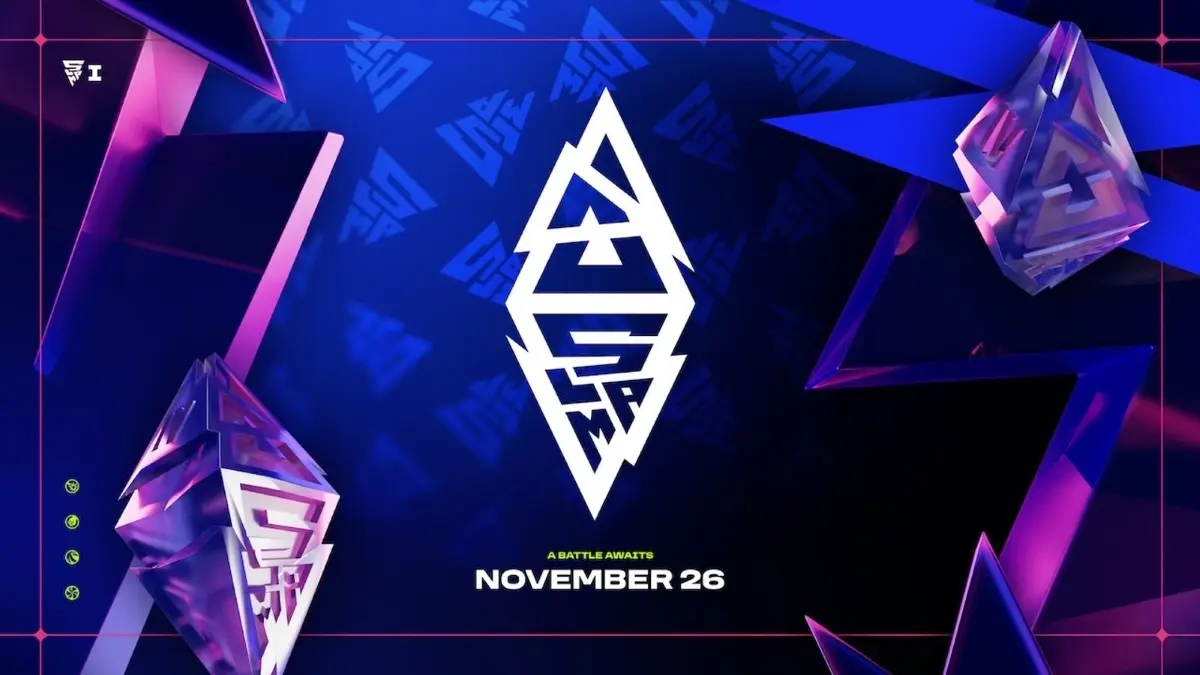In the rapidly evolving landscape of competitive esports, where national borders often seem to blur in the pursuit of pixelated glory, the intersection of geopolitics and gaming regulations can occasionally throw a curveball. Such was the case with the recent discourse surrounding eligibility for the BLAST Slam IV Dota 2 qualifiers, where initial reports hinted at a sweeping ban on Russian participants. However, tournament organizer Relog Esports has stepped forward to clarify the specific, and rather pragmatic, reasons behind their eligibility criteria.
Demystifying the “Ban”: It`s About Jurisdiction, Not Nationality
For a brief period, the esports community was abuzz with speculation following an announcement regarding restrictions impacting Russian clubs and player mixes in the BLAST Slam IV qualifiers. The immediate assumption for many was a direct exclusion based on nationality. Yet, as Relog Esports elucidated via their official channels, the situation is considerably more nuanced, focusing less on where a player hails from and more on where their operational and financial infrastructure resides.
The core of the matter, as explained by the organizers of the RES Unchained 2025: BLAST Slam Europe Qualifier (which leads to BLAST Slam IV), revolves around the fundamental logistics of international commerce and compliance. While stressing that teams and players from “all regions” are welcome to register for the qualifiers, the path to the main BLAST Slam IV event is paved with two key jurisdictional requirements.
The Two Pillars of Eligibility for BLAST Slam IV
To participate in the prestigious BLAST Slam IV main tournament, teams must satisfy one of the following criteria:
- Organizational Registration: BLAST must be able to establish contact with and remit payments to an organization that is officially registered within a jurisdiction where there are no restrictions on international financial transfers. This is, at its heart, a matter of ensuring prize money can legally and effectively reach the winning entities. Without this, the very promise of competitive rewards becomes a logistical nightmare, or worse, an impossibility.
- Representative Jurisdiction: Alternatively, the team must designate a leader or an official representative who is registered in a jurisdiction free from international transfer limitations. This provision offers a degree of flexibility, allowing mixed-nationality teams or those with internationally based representatives to navigate the regulatory landscape. It acknowledges that talent is global, but financial pipelines sometimes require a specific address.
The Inescapable Hand of International Finance in Esports
At first glance, these requirements might seem overly technical for an esports tournament, where the action primarily occurs in a virtual realm. However, they underscore a critical reality of operating in the global arena. In an era marked by complex international sanctions and stringent financial regulations, major tournament organizers like BLAST are compelled to ensure full compliance. The inability to legally transfer prize money, communicate effectively, or adhere to international financial laws can lead to significant legal and reputational risks. Imagine winning a million-dollar tournament only to find the prize money is stuck in a legal limbo, a scenario neither players nor organizers would relish.
This isn`t an arbitrary rule designed to exclude. Rather, it`s a practical measure to safeguard the integrity of the tournament`s operations, ensuring that the contractual obligations to prize winners can be met without legal impediments. For teams and players accustomed to focusing solely on in-game performance, it serves as a rather stark reminder that the world of professional esports now demands an understanding of global economics and compliance – a subtle art of international finance meeting pixelated glory.
What This Means for Players and Teams Moving Forward
The clarification from Relog Esports effectively shifts the narrative. It`s not a blanket ban on individuals of a certain nationality, but a directive on operational and financial structure. Russian players and teams are not inherently excluded; they simply need to ensure their organizational backing or their designated representative operates from a compliant jurisdiction. This might necessitate re-registration under a different entity, or the appointment of an overseas representative. It`s a strategic pivot rather than a complete roadblock.
While navigating these administrative hurdles might add an unexpected layer of complexity to their competitive journey, it also highlights the increasing professionalization of esports. Success now sometimes hinges not just on impeccable KDA ratios and flawless team fights, but also on the ability to adeptly manage legal and financial frameworks. The competitive spirit, it seems, must occasionally pause for paperwork.
Conclusion: Competitive Spirit Meets Compliance Reality
The situation surrounding BLAST Slam IV`s eligibility criteria offers a fascinating glimpse into the growing pains of a global industry. As esports continues to mature and attract significant investment, it inevitably encounters the same logistical and legal challenges that conventional international businesses have long grappled with. Relog Esports` explanation clarifies that their goal is to maintain competitive integrity while adhering to the unavoidable realities of global financial compliance. For aspiring champions, the road to victory now occasionally detours through the administrative offices, a testament to the ever-broadening scope of what it means to be a professional in the digital arena. The game, as they say, has truly changed.

